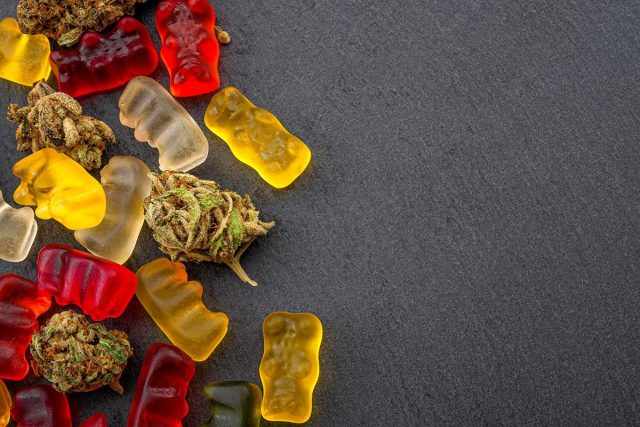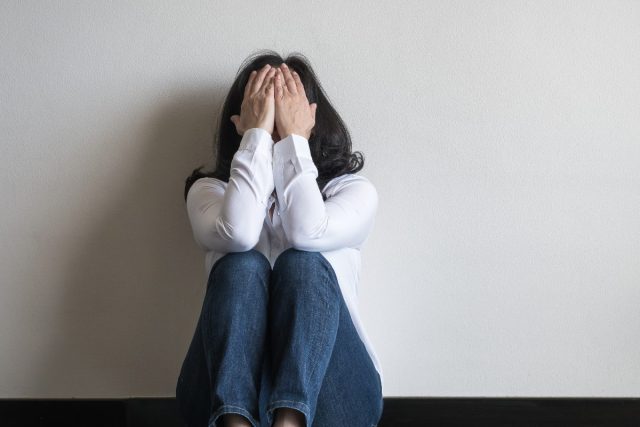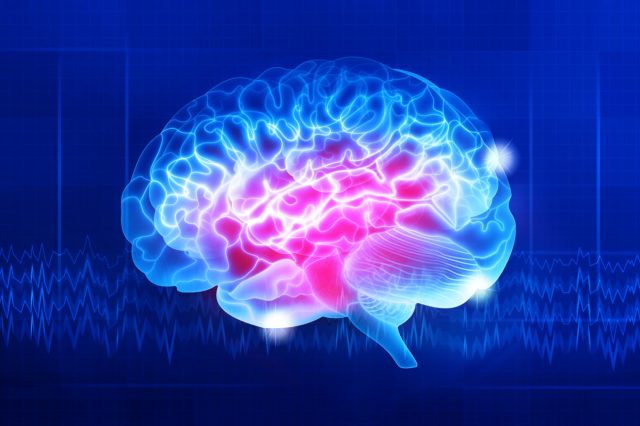Recreational marijuana is now legal in 21 states—but some lawmakers and health experts are concerned the rules around weed are relaxing faster than research about its safety. Because cannabis is still illegal on a federal level, it's been incredibly difficult to perform adequate studies as to its possible dangers and side effects. Some politicians do believe, however, that legalization is the only way to add regulations and safeguards to marijuana sales and protect children against the drug.
"One of the reasons I have fought so hard to be able to legalize, regulate and tax is because I want to keep this out of the hands of young people. It has proven negative consequences for the developing mind," says Congressman Earl Blumenauer (D-Ore). "Consumers need to be able to know how much THC is in the products they are consuming, as opposed to the unregulated market we are currently facing which makes it nearly impossible to know."
The FDA issued a decision in late January that it would not regulate cannabis as a dietary supplement, denying three citizen petitions requesting guidance on CBD. "We have not found adequate evidence to determine how much CBD can be consumed, and for how long, before causing harm," FDA principal deputy commissioner Janet Woodcock said in a statement. "[A]fter careful review, the FDA has concluded that a new regulatory pathway for CBD is needed that balances individuals' desire for access to CBD products with the regulatory oversight needed to manage risks." So what does this mean? For the time being it's buyer beware: Here is what we know about marijuana side effects, according to experts.
The Dangers Of Edibles

Research shows rates of pediatric poisonings were increased in Canadian provinces where edible sales are legal, compared to provinces where they are not legal. This is despite child resistant packaging being introduced, says Daniel Myran, fellow at the Ottawa Hospital Research Institute. "It suggests that if you put cannabis into candy or chocolate, you're going to see an increase in these poisonings," Myran says. "It's a question for regulators — do you need this product form? Can adult consumers get the choice and the option to purchase a legal cannabis product that doesn't have to appeal this strongly to young kids?"
"The problem is likely underreported," says Dr. Marit Tweet, an emergency medicine physician and medical toxicologist with the Southern Illinois University School of Medicine. "If children ingest these edibles at home and the caregivers do not reach out to the poison centers or go to a healthcare setting where a provider might then call the case in, then that case would go unreported. Additionally if a child did present to a healthcare setting after a mild exposure and the healthcare provider feels comfortable caring for the child without needing input from the poison center, then those cases may also go unreported."
Cannabis-Related Anxiety

Marijuana can cause anxiety—but the dosage is key, as small amounts have been shown to help lessen anxiety. "All other things being equal, THC appears to decrease anxiety at lower doses and increase anxiety at higher doses," says Susan A. Stoner, PhD. "Such an effect was observed in a recent study in which participants were exposed to a well-validated psychosocial stress task. A low dose of THC (7.5 mg) reduced the duration of negative emotional responses to the task and post-task appraisals of how threatening and challenging the stressor was. In contrast, a higher dose of THC (12.5 mg) produced small but significant increases in anxiety, negative mood and subjective distress at baseline before and during the psychosocial stress task."
One study showed cannabis had no improvement on anxiety, but did help with sleep issues.
"Our study underscores the need for better decision-making about whether to begin to use cannabis for specific medical complaints, particularly mood and anxiety disorders, which are associated with an increased risk of cannabis use disorder," said Jodi Gilman, an associate professor at Harvard Medical School/Massachusetts General Hospital with the Center for Addiction Medicine. "There needs to be better guidance to patients around a system that currently allows them to choose their own products, decide their own dosing, and often receive no professional follow-up care."
Cannabis-Related Emphysema

Studies show smoking marijuana may cause similar damage to lungs as smoking tobacco. "Smoking marijuana definitely increases the risk of lung disease," says Andrew Salner, MD, medical director of the Hartford HealthCare Cancer Institute at Hartford Hospital and member of the CT Medical Marijuana Program Physician Advisory Board. "We know it can cause emphysema and chronic bronchitis… Vaping doesn't contain products of combustion, but it does have products that go directly into the lungs, which can cause a reaction. There's a risk of injury to lung tissue from flavors and other compounds, as we saw with a rash of vaping-induced lung injuries in past years."
While there is no research directly linking marijuana to lung cancer, Dr. Salner is concerned about what years of smoking might do. "A lot of people who had tobacco use in their teens, 20s and onward see cancer in their 60s," notes Dr. Salner. "I suspect if you asked 100 scientists if smoking marijuana causes lung cancer, the majority would say yes, because it contains the same toxins and carcinogens that tobacco smoke contains. In fact, it is speculated that a single marijuana cigarette may contain the same carcinogen content as 10-20 conventional cigarettes."
Marijuana-Related Brain Development

Studies show marijuana use in teenagers may have a negative effect on their brain development. "Marijuana contains more than 500 chemicals, of which delta-9-tetrahydrocannabinol (THC) is considered the primary psychoactive (mind-altering) compound," says Pravesh Sharma, MD. "The concentration of THC in a marijuana product is directly proportional to its potency or how much of a high it will give when consumed. Marijuana use among adolescents and young adults can affect normal brain development, leading to problems in learning, memory, coordination, reaction time and judgment.
"Excessive and frequent use of marijuana is associated with hallucinations, paranoia, and a range of emotional problems. The severe form of marijuana abuse is called marijuana use disorder. Youth who use marijuana at an early age, in high amounts and with the risk factors mentioned above are more prone to developing marijuana use disorder."
Traffic Accidents Because of Marijuana

A 2022 study shows traffic accidents have increased in states that legalized marijuana. "Marijuana, like alcohol and just about every other drug, changes how you feel and how you behave. That's the purpose of a drug. And that changes how you drive. We all need to realize that driving after using marijuana is a bad idea," says lead researcher Charles Farmer, vice president for research and statistical services at the Insurance Institute for Highway Safety. "It's becoming more and more clear that the legalization of marijuana doesn't come without cost. But marijuana legalization is still a novelty, and there's hope that these early trends can be turned around."
Farmer's team found car crashes with injuries were up by nearly 6% and fatal crashes by 4% in states where weed is legal—and there was no increase in states where weed is illegal. "Maybe, with the right education and enforcement strategies, states that are either considering or in the process of legalization can avoid the increase in crashes," he says.
No comments:
Post a Comment